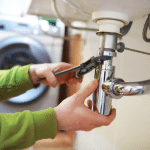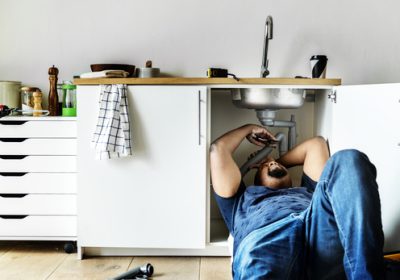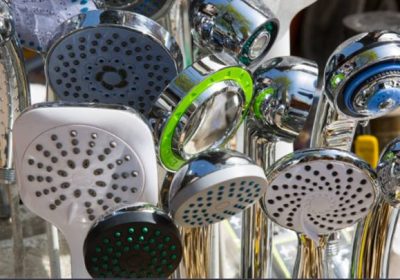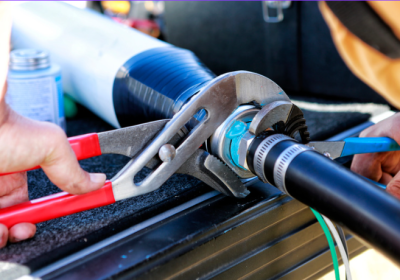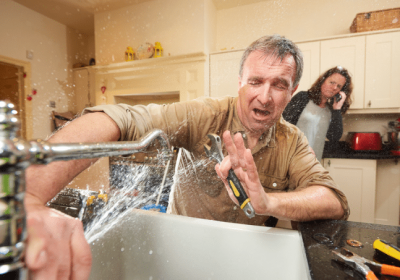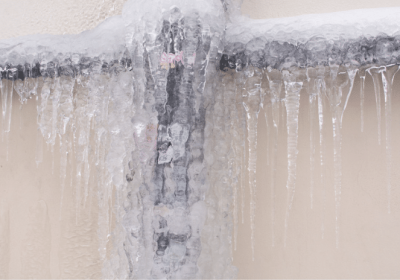Efficient Heat: The Complete Guide to Choosing and Maintaining Hot Water Systems in Australia
Simple Tips To Cut Down Power Usage Of Your Hot Water System
Hot water systems eat up a huge amount of electricity at most Australian homes. Often, nearly one-third of monthly or quarterly power bills result solely from hot water systems. For some houses, this number gets even higher.
To save money on constantly rising electricity charges, you must find methods to reduce running costs of your hot water system. This article covers tips on conserving power usage from your hot water system.

Set Lower Temperature
Lowering thermostat’s setting on your hot water system significantly slashes energy consumption.
Upgrade To Energy-Efficient Models
Is your current hot water system old? Consider upgrading it to a newer, more energy-efficient model instead. Search for heaters displaying high Energy Factor (EF) rating.
Reduce Shower Duration
Easily save money on hot water usage if everyone at home disciplines themselves to shower for shorter durations. Using a basic egg timer regulates shower lengths effectively. Without timers or reminders, people forget how long they’ve been showering.
Baths guzzle tons of water too. So if reducing household hot water consumption is your goal, opt for quick showers over baths.
During summer’s sweltering heat, you needn’t suffer torrid showers – refreshing coolness awaits.

Install Low Flow Shower Heads and Tap Fittings
Reducing hot water usage, and thereby electricity consumption, can be achieved through installing modern low flow showerheads and tap fittings. These streamlined devices deliver a satisfying, powerful jet while conserving water – a straightforward, highly effective solution.

Switch To a Front Loading Washing Machine
Top loaders squander far more water than front-loading washers. If reducing hot water costs and overall water consumption is your goal, invest in a quality front-loader. Not only water-wise, these machines are energy-efficient powerhouses – a win-win situation.

Wash Full Loads In Your Dishwasher
Dishwashers spare us tedious sink-side scrubbing, but running small daily loads guzzles hot water. Maximize efficiency: accumulate a full load before operating. Conserving power and water pays off.
Proceed judiciously: only engage the dishwasher when completely full. Restrained usage significantly reduces energy and water consumption.
Don’t Use Hot Water When Cold Will Do
For simple tasks like brushing teeth, shaving, or handwashing, hot water isn’t essential – cold suffices. Dishwashing often requires no heated liquid unless grease is involved. Cold cleans coffee mugs and glasses admirably.

Reduce the Size of Your Water Heater
Another way you can consume less energy is downgrading your water heating system. For small households with just one or two people, a smaller, compact water heater suffices. Oversized systems designed for large families waste energy heating excess water.
Some homes have tanks holding 270 litres unnecessarily. For one or two occupants, a 90-litre tank meets your hot water needs efficiently. Downsize and optimize your system for actual household size.
Insulate Pipes Carrying Hot Water
Uninsulated pipes transporting hot water from your heater lead to substantial heat loss. The water cools as it travels to kitchens and bathrooms. You waste both water and electricity while waiting for hot water to finally arrive at the tap.
Well-insulated pipes eliminate this wasteful lag. Properly insulating hot water lines significantly reduces delays when turning on hot taps or showers. The water remains heated during transit through insulated pipes.

Repair Any Dripping Taps Promptly
Leaky faucets waste far more than just water. Hot water drips originating from your water heater also squander electricity continually reheating that lost volume. Similarly, constantly dripping showerheads deplete hot water reserves, wasting both water and power.
Fixing all drips ASAP conserves water, electricity, and ultimately your money. Don’t tolerate leaks wasting valuable hot water and energy consumption heating replacements unnecessarily.
Dripping faucets and leaky pipes waste precious water. Instead of fixing them yourself, call a certified plumber to handle the repairs professionally.

Consider Solar Water Heating
Reduce reliance on traditional energy sources for warming water by installing solar water heating equipment. This renewable technology harnesses sunlight to heat water, lowering carbon emissions and utility costs.
Many options exist to conserve water while decreasing electricity expenses. No need for hot water systems to consume over one-third of electricity bills anymore. Minimal effort can greatly reduce energy used for hot water. Contact local plumbers to discuss strategies for reducing power consumption from hot water systems.
Source: https://refinedplumbingsunshinecoast.com.au/how-to-save-power-on-your-hot-water-system/
Images courtesy Refined plumbing Sunshine Coast



